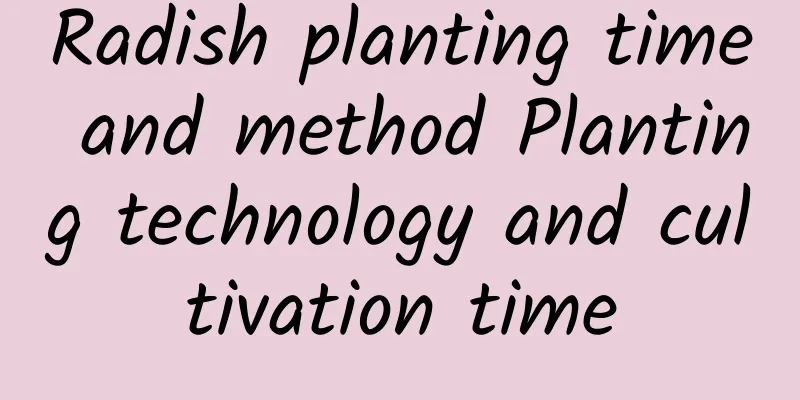How to care for primroses

Lighting conditionsPrimroses prefer a warm and sunny environment, but are afraid of strong light. Therefore, during the summer seedling stage, the plants should be placed in a cool, ventilated place with sufficient scattered light. Starting from September, the sunlight will not be so strong, so the potted plants can be exposed to more scattered light. Starting from October, all the plants can be placed under the light so that they can receive more light in late autumn when the temperature drops, which will promote their growth and differentiation of flower buds. Growth temperaturePrimroses prefer warm and relatively cold-resistant climates. The suitable temperature for their growth and development is about 15℃. The indoor temperature should be kept at around 10℃ in winter. The two extremes of the growth temperature are 0℃ and 30℃. Overheating or overcooling will cause the plant to wither and prevent it from developing normally. Moisture conditionsPrimroses prefer a humid climate environment, but do not water them too much to prevent root rot caused by excessive moisture in the potting soil. Improper watering in summer will cause the plant to stop growing and the leaves to fall and turn yellow. In summer, you can water the plants once in the morning and once in the evening. The weather is dry and hot at noon, so you need to sprinkle water around the plants to maintain the humidity of the potting soil and the surrounding environment, lower the temperature, and create a cool and humid growing environment. Gradually reduce watering in autumn. After winter, as the buds begin to bloom, you should water appropriately, but do not water too much. How to fertilizeApply nitrogen, phosphorus and potassium compound fertilizer once after about 8-10 days of seedling growth. After autumn, the climate gradually becomes cooler, and primroses also enter their vigorous growth season. At this time, the fertilizer and water of the flowers should be increased; in the later stage of primrose growth, phosphorus fertilizer should be appropriately increased, and 0.3% potassium dihydrogen phosphate solution should be sprayed on the leaves every half a month, which can promote bud formation and flowering. Pest controlPrimrose seedlings are weak and easily attacked by pests and diseases, especially damping-off disease. Prevention and control should be stopped immediately. You can spray 800 times the concentration of dichlorodiphenyltrichloroethane on the soil surface for prevention and control. How to pruneDuring the flowering period, remove some of the flower branches of the plants that have just produced seeds, and apply 1-2 times of compound phosphorus and potassium fertilizer to make the seeds grow full. When the flowers fade, they should be cut off in time and a thin layer of fertilizer should be applied 1-2 times. This will help promote and grow the flower branches and enable the plant to continue blooming. |
<<: How to collect seeds and overwinter Begonia
>>: How to control the flowering period of primroses
Recommend
How many years does it usually take for an orchid to bloom? How can you grow it to bloom more often?
1. How many years of flowering Generally speaking...
The efficacy and function of corn silk
1. Enhance appetite Corn silk can enhance appetit...
How to prune watermelon seedlings and how to prune and cut branches to keep more watermelons
Watermelon seedling pruning time When pruning wat...
High-yield cultivation technology of onion
Onion is a vegetable that is easy to grow in high...
Pests and diseases of heather and their control
Diseases and their control of Photinia Heather ha...
A top student born in the 90s, leased 20 acres of land to grow succulents, and achieved success in both love and career!
Meet succulents, love at first sight When I was a...
How many kilograms of nectarines are generally produced per mu? What is the annual income from planting one mu of nectarines?
Nectarine yield per mu The per-acre yield of nect...
Planting methods and conditions of Adenophora australis
Adenophora australis is a commonly used Chinese m...
Cultivation methods and precautions for banyan bonsai
Placement Many flower lovers do not know much abo...
What areas are suitable for growing yellow fruit?
Huangpi fruit planting conditions Kumquat prefers...
When does garlic vine bloom?
Garlic vine flowering time The flowering period o...
What to do if Clivia is pinched by an arrow
1. Adjust the temperature Reason: Clivia grows be...
How to save seeds of azalea
How to get azalea seeds Rhododendron, also known ...
How to prune anthurium after flowering
Pruning Anthurium after flowering It is best to c...
How to care for five-color plum in winter
Is the five-color plum afraid of cold? The suitab...









